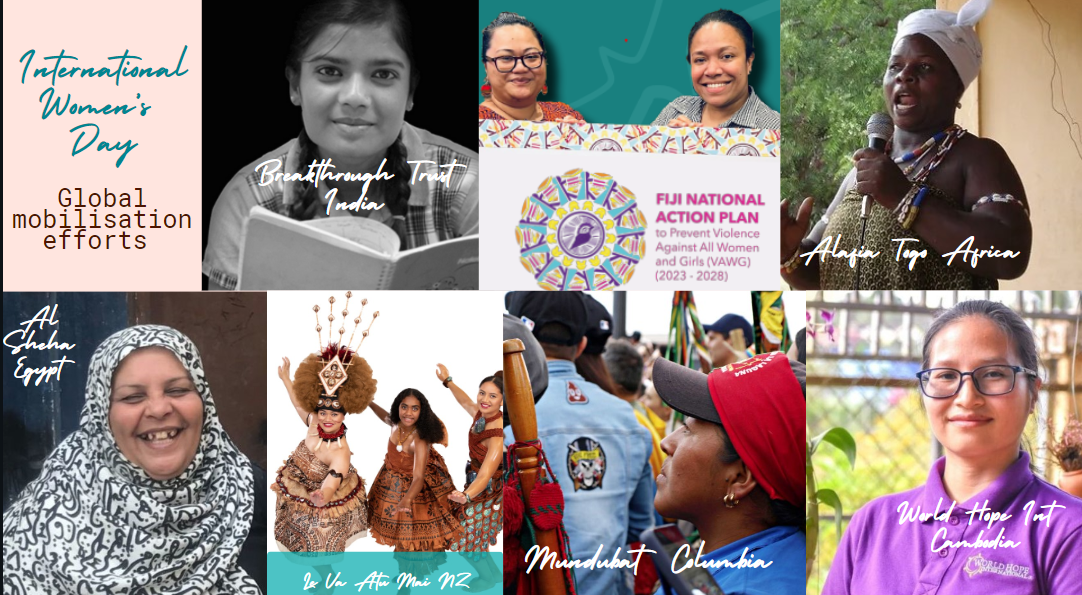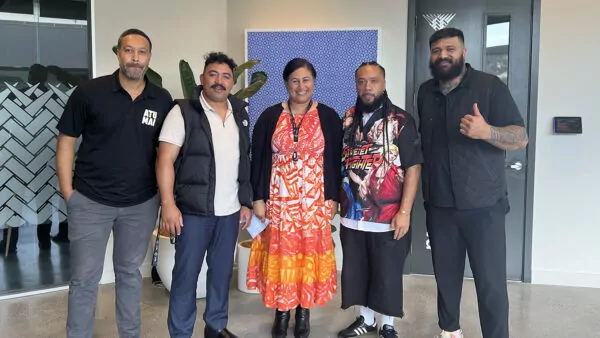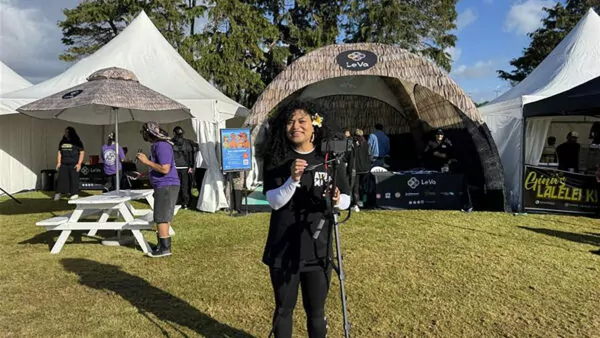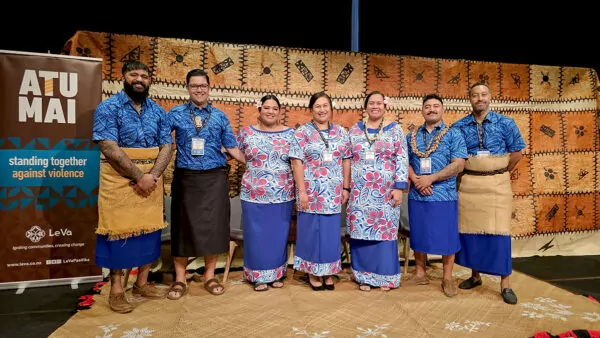Communities mobilise for change on International Women’s Day

According to United Nations’ statistics, violence against women and girls affects one in three. On 8 March, Le Va’s Atu-Mai team posted on social media for International Women’s Day, and it was inspiring to see how people around the world are choosing to mobilise others to be the change in their own communities.
It was also a reminder that our work in Aotearoa is part of wider global collective efforts to prevent gender violence. Here are a few examples:
- Le Va’s Atu-Mai programme in Aotearoa New Zealand uses community mobilisation to raise awareness, change mindsets, and equip Pasifika and Tangata Tiriti with appropriate resources, knowledge and skills to stand together against violence.
- A Fiji National Plan pioneered efforts in violence prevention against women and girls by taking a country-wide phased approach using five key strategies to address violence with robust monitoring and evaluation in place.
- In Nepal, The Story Kitchen worked to allow women to find their voice and share their narratives.
- Raising Voices in Uganda uses the SASA! Approach to help to mobilise communities.
- In Colombia, Fundación Mundubat focuses on indigenous women in rural and poorer areas to focus on prevention by challenging systems of patriarchy, racism and classism.
- Breakthrough Trust in India enables training on gender and human rights and utilises multimedia and social media interventions.
- Alafia is working to end a harmful widow practice in Togo, West Africa.
- Serbia’s Association Roma Novi Bečej increases public awareness of early and forced marriage.
- World Hope International in Cambodia supports service providers to help victims of gender violence.
- Al Shehab in Egypt focuses on survivors, including medical, legal, and psychological services.
Explore our Atu-Mai violence prevention programme to learn more about standing together against violence.



